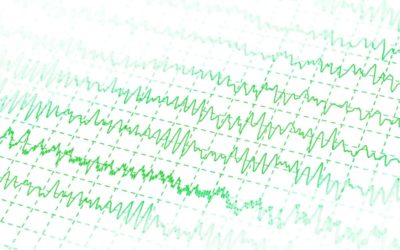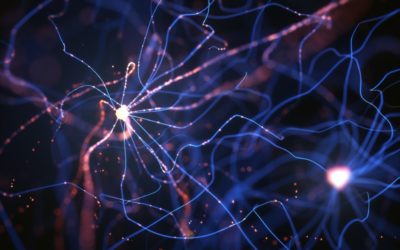Quick Hits
Daily brief research updates from the cognitive sciences

I regularly write on which activities reduce risks of cognitive decline (just last week I reported on how your job can protect your mental abilites with age and also doing household chores).
Different studies, obviously, focus on different aspects of this, at different ages, and with different conditions. This particular study just released was a meta-analysis (a review of multiple studies) of which leisure activities related to dementia.
We probably all know that good lifestyle choices such as good nutrition and exercise keep us physically and mentally healthy, but this study reviewed studies looking at general leisure activities which may include crafts, reading, writing, playing games, playing musical instruments as well as physical activities and social activities (which have larger bodies of research supporting their positive effects).
Su et al., for the American Neurological Association, reviewed included a total of over 2 million people! That’s pretty darn substantial. Within the time of these 38 studies reviewed, 74’700 people developed dementia.
And which activities correlated best with lowest rates of dementia?
Well, they put these into three groups as alluded to above. Mental activities, physical activities, and social activities. Obviously, some of these overlap.
What they found was surprising, or unsurprising, namely that those who engaged with mental activities most in their leisure time showed the lowest risk of developing dementia (23%). This is similar to my review of work, and cognitive reserve. Or simply a case of use it or lose it. But all activities showed a decreased risk with physical activity next most effective (17%) followed by social activities (7%).
Ideally, we would do all three, or something that activates all three. But it does show that we should keep our brain engaged to preserve it from decline.
Luckily for me writing these Quick Hits should be a good way to do that!

Andy Habermacher
Andy is author of leading brains Review, Neuroleadership, and multiple other books. He has been intensively involved in writing and research into neuroleadership and is considered one of Europe’s leading experts. He is also a well-known public speaker, speaking on the brain and human behaviour.
Andy is also a masters athlete (middle distance running) and competes regularly at international competitions (and holds a few national records in his age category).
Reference
Sizhen Su, Le Shi, Yongbo Zheng, Yankun Sun, Xiaolin Huang, Anyi Zhang, Jianyu Que, Xinyu Sun, Jie Shi, Yanping Bao, Jiahui Deng, Lin Lu.
Leisure Activities and the Risk of Dementia: A Systematic Review and Meta-Analysis.
Neurology, 2022; 10.1212/WNL.0000000000200929
DOI: 10.1212/WNL.0000000000200929
More Quick Hits
Espresso Combats Alzheimer’s
Quick HitsDaily brief research updates from the cognitive sciences ay, more good news for us coffee drinkers! I am always interested in the research that is coming out with regard to coffee as a coffee drinker. Yes, so I am biased. Coffee had been...
New Brain Signature of Empathy Discovered
Different areas of the brain are associated with empathy – this new research shows how brain regions synchronise to induce empathic responses.
How Your Silent Synapses Boost Brain Power
A new form of “dark matter” has been proven to exist in the brains of adults – that’s good news!
Scientists Say They Know the Secret to Waking Up Alert
Who doesn’t want to wake up alert and sprightly – researchers may have the answer…
How Your Brain Slows You Down When You’re Sick
We all know that feeling of wanting to curl up and sleep when sickness hits – but how that is controlled was unknown. Until now that is…
How Immune Cells Can Rejuvenate Your Brain
There are many ways to rejuvenate your brain – but this is a new mechanism discovered…






